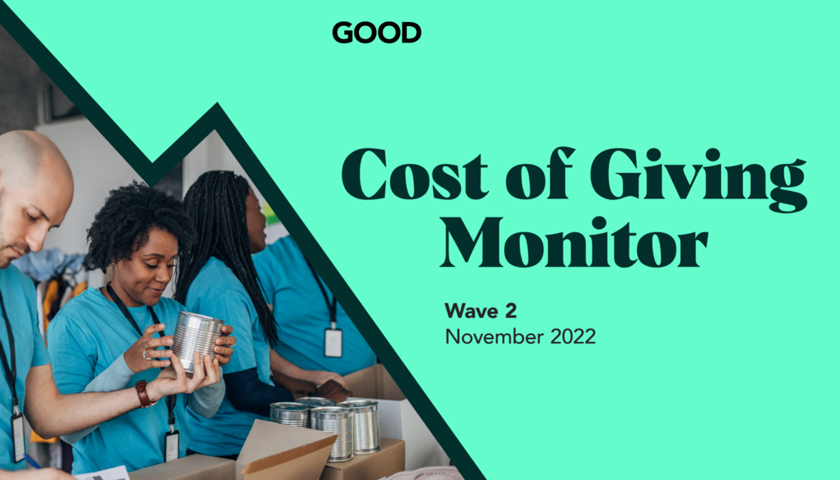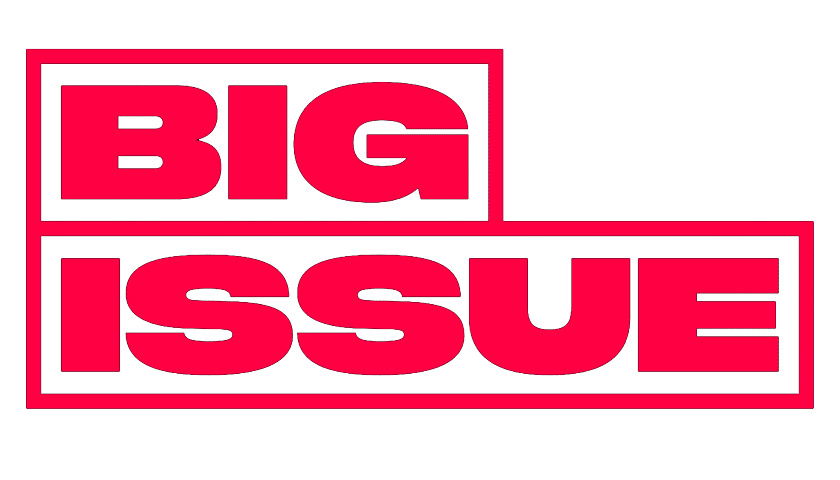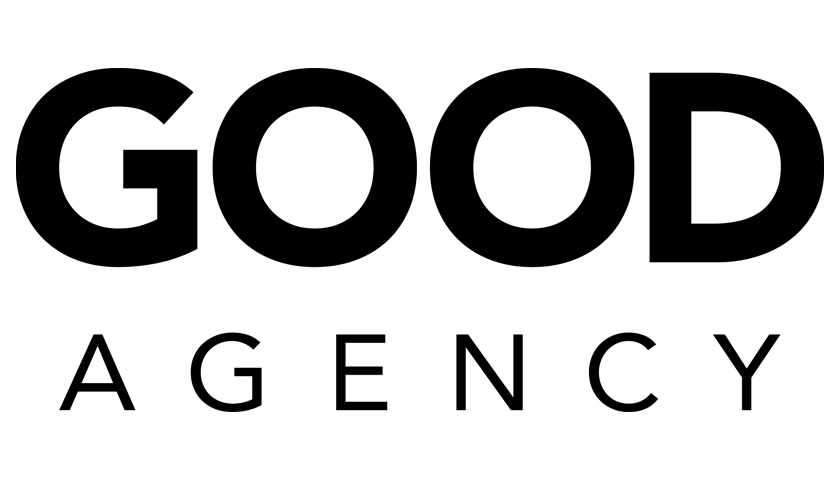As the cost of living crisis tightens its grip on the UK public, wave 2 of the Cost of Giving Monitor finds that 3 in 5 (59%) of Britons feel that their finances are worsening. This is an increase from just over half (53%) in the first wave. The majority are more conscious of their outgoings, with 81% agreeing that they are paying more attention to their outgoings than they did three months ago. However, charitable giving is one of the last things people want to cut back on. The report finds that adults are more likely to cut back on energy for their homes (35%) and Christmas presents (26%) than their charity giving (12%). These results show that whilst the crisis has shrunk disposable income, it has led to an increase in empathy from the population.
The crisis has politicised the Great British public. Almost 1 in 2 (45%) agree that charities should take a political position to address the cost of living crisis and that it’s key to making change happen. This is an increase of 14% from 2021, where GOOD’s Giving Britain research report found that the public was more sceptical of charities taking a political position. In terms of longevity, Britons overwhelmingly feel that this is a long-term issue that won’t be resolved quickly (82%), so charities should plan a longer-term strategy to maintain support.
The report finds that the cost of living crisis is accelerating the existing market trend of less people, each giving more. Those cutting back on giving will increase (1 in 5 charity givers), but at the same time, 1 in 10 charity givers plan to give more in the next three months. Delving deeper, heavy givers (more than £50 given in the last three months) are increasing their giving (16%), whilst light givers (less than £50 given in the last three months) are cutting back over the next three months (22%). Charities need to maximise the warm support in the long term but not neglect building broader, lighter support in the long term.
The scale of the crisis continues to grow, with even more Brits (75%) believing more people in the UK need support in the cost of living crisis than they did in the COVID pandemic compared to the first wave in July (68%). This means emergency appeals would still land powerfully with a receptive audience. However, the report also finds that the cost of living crisis has lost some urgency, with environmental crises gaining traction (+7% whilst UK poverty has decreased by 9% as most urgent to support causes). Now more than ever, charities are going to need to stand out in a crowded market.
Chris Norman, CEO of GOOD Agency, says, “The second wave of the Cost of Giving Monitor not only provides an important insight into how the cost of living crisis is influencing people’s behaviour but also how it is shaping their views on the role charities should play in influencing government policy. People understand that this downturn could take some time to get through. Still, their expectations are significantly hardening towards charity’s role in informing policy to mitigate the impact of the crisis, as well as influencing the speed and shape of the recovery. It’s not unusual for the public to become more politically engaged in a downturn, but the level of expectation of charities to step up and use their weight to make life better for those affected is significant”



